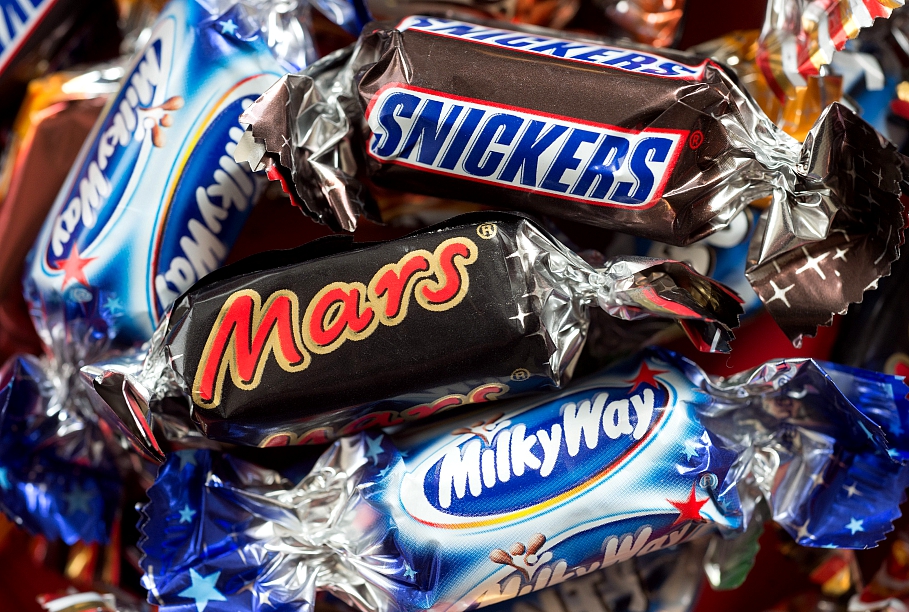“The Food and Veterinary Service’s administration has decided to take 20 samples of products that are suspicious, if I may say so, that are most talked about,” Duklavs said.
The minister also admitted that the tests will be quite costly. “One thing is to compare labels to see if they say that the [ingredients] differ. But is a completely different situation when the labels of the products bought in Germany and Latvia say that they are absolutely identical, but lab tests show that they are not,” Duklavs said.
As reported, the quality of products of the same brands sold in Latvia and other EU member states will be analyzed after the revelation made by European Commission President Jean-Claude Juncker on September 13 that products sold in some parts of the EU are of inferior quality as compared to the products of the same brands sold in other countries, even though their packaging and brands are identical.
“It is not acceptable when products of the same brand sold in various EU member states differ by their quality. If the European Commission president’s words about selling lower quality food products in some EU member states, including Latvia, prove to be true, I will propose amendments to EU laws that would ban food companies from making food products of the same brand but of different standards,” said Duklavs.
Not everyone would be surprised should it come true: it's a staple of tourist talk in Latvia to swap stories about soft drinks, chocolate and other food from the same brand tasting much better in countries perceived as being richer.































